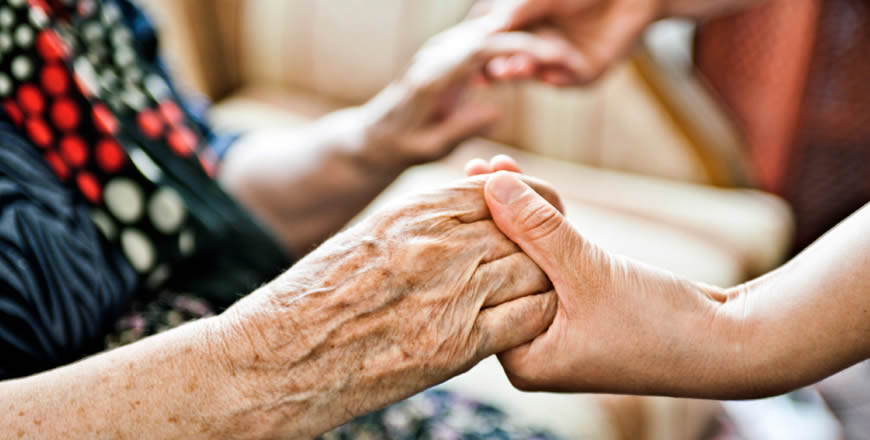I recently spoke with Linda J. Camp, an independent researcher, writer, and consultant located in St. Paul, Minnesota. She’s coordinated a Citizens League Task Force that focused on “solos.” The Task Force Final Report is due out early next year. The Task Force’s working definition for solo seniors, or “solos,” is “individuals, who, by choice or circumstance, function without the support system traditionally provided by family.” She’s also written a white paper on the topic. She shares my concern that solos lack advocates who are able to help them make important life decisions, medical or otherwise. In other words, as Camp stated, “Who’s driving the train?” when a solo is unable to do so themselves. She said the first step is getting people to understand the population that needs help. And as the Task Force discovered, that population is larger than people think, and will likely include all of us at one point or another. Their report says the following:
Overall, Task Force members found it impossible to point to a specific set of characteristics or demographic factors to define the “solo” subsection of the population. While the term “solo” may be useful shorthand, it masks the variations in personal situation, income, culture, physical and mental abilities, personal attitudes, and choices that are present. What is more informative is not to talk about solos as a fixed category, but rather to use “solo-ness” as a descriptor. Solo-ness is not about the absence of friends and family but, as the working definition suggest, the availability and quality of support when there is a need to make health related or end-of-life decisions.
In the context of health decision support, individuals may experience solo-ness temporarily, intermittently, for short or long periods. People without children may never be solo if they are able to craft a support network of health professionals and friends. People with children, who have completed end-of-life documents, may be “functionally” solo if none of these resources is able to meet needs in an emergency. Hence, solo-ness can be viewed as a continuum, with those on one end having an effective plan and those on the other end having no plan at all.
Ageist thinking say that older adults without children, other family, or close friends are destined to lead lonely lives and to struggle with day-to-day activities, particularly when it comes to managing health events and decisions. The Task Force’s discoveries suggest otherwise. A more useful frame is to understand solos as a group diverse in culture, abilities, values, physical and mental capabilities, economic and personal resources, who sometimes need support with health decisions. Solos are not them; solos are likely to be all of us at one time or another.
Camp said she’s found there’s not a lot of research or education happening that’s focusing on this problem. She’s found that most of the focus is on end-of-life decision-making, which is “too late and beside the point.” Furthermore, she’s found that many people that work in senior service professions think this problem has already been addressed with the services that are currently available and/or operate under the assumption that at least one family member will be able to help with decision-making.
Camp said more education is needed to increase awareness of the problem and encourage people to start implementing their solo aging plan in their 50’s, at the latest. There needs to be awareness that that even if people are able to pay for services (and many aren’t), those services–such as professional caregivers and health advocates–are in short supply. I particularly like the conclusion of Camps’ white paper, which I think summarizes the problem:
We have long recognized that people come into this world lacking full capacity and requiring support. In response, we have created an infrastructure to shore up young people until they can fend for themselves. That infrastructure is made up of supportive and substitute decision makers in the form of parents, grandparents, teachers, and coaches, along with laws that, for example, set a minimum age for driving a car or consuming alcoholic beverages. The same kind of infrastructure has not yet been fully crafted for years when capacity declines.

One Reply to “Solo Senior Task Force”